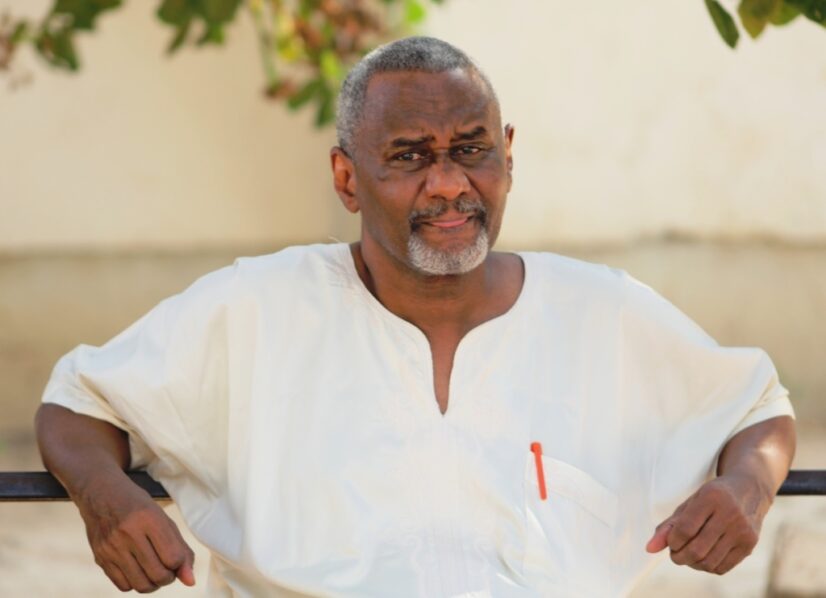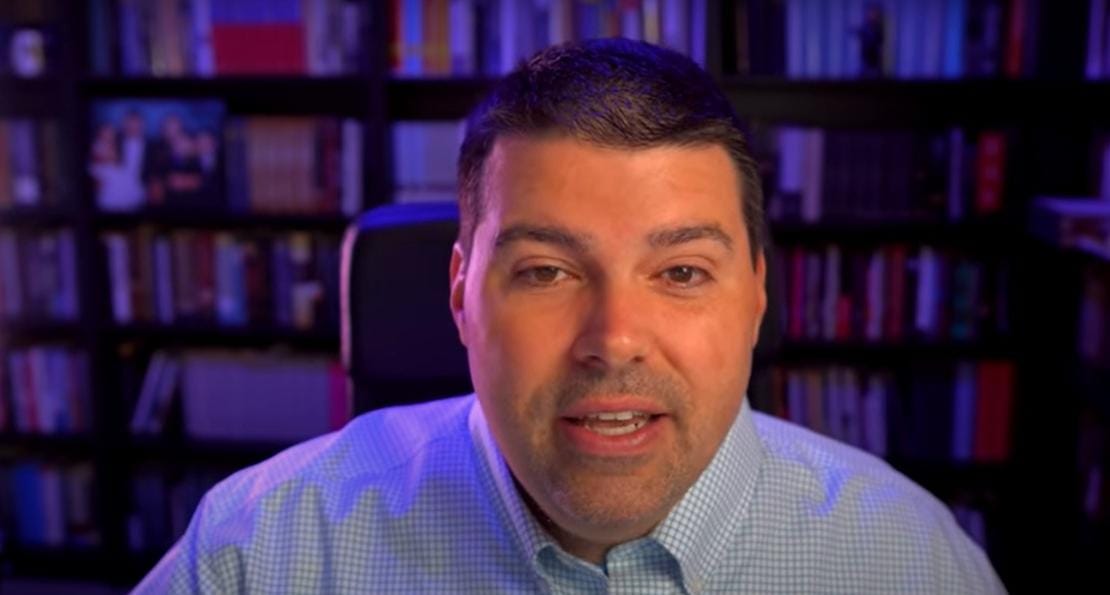As the 2025 rainy season looms, there is little optimism regarding the state of Nigeria’s federal roads. Despite the Minister of Works, Dave Umahi’s assurances that all federal roads would be in good condition by the end of 2024, the reality is far from what was promised. Instead, road users continue to face bad experiences, with many spending nights stranded due to bad road conditions and slow-paced contractor work.
With a landmass of 923,768 square kilometers and a population of over 230 million, Nigeria’s road network spans only 200,000 kilometers, of which a 63% is untarred and in poor condition. In comparison, other countries like the United States, with a road network of 6.6 million kilometers, have significantly better infrastructure.
The World Bank has consistently linked robust road networks to economic development, highlighting that good roads are a critical driver of national prosperity. It is thus troubling that in a nation of such vast potential, our roads continue to deteriorate, hindering economic growth and citizen safety.
A closer look at Nigeria’s major highways, including the Lagos-Ibadan Expressway, Abuja-Kaduna-Kano, and others, reveals a persistent pattern of neglect and delay. These roads, which were expected to be completed years ago, remain works in progress. Despite billions of naira being allocated through various means, including tax credits, loans, and the recovery of looted funds, the pace of construction is painfully slow.
In some cases, stretches of road have remained under reconstruction for over a decade, contributing to dangerous driving conditions and significant loss of life. The state of the roads across Nigeria is a national tragedy. Motorists navigating these highways face an almost daily battle against deep potholes, craters, and other hazards. Trucks frequently overturn on these dilapidated stretches, leading to fatalities and devastating gridlock. It is impossible to ignore the economic costs associated with such conditions. Poor roads increase the cost of transportation, which, in turn, drives up the cost of goods and services nationwide.
Also, the absence of a functional rail network exacerbates the problem, leaving roads as the only means of transporting goods and people across the country. While there have been sporadic efforts to address the deteriorating conditions—such as patchwork repairs on certain highways—the quality and effectiveness of these repairs leave much to be desired. The lack of a cohesive plan to address road construction and maintenance between the federal, state, and local governments remains a significant challenges.
The absence of an equitable allocation of funds for road repairs only deepens the crisis. For example, the cost of constructing major highways like the Lagos-Calabar Highway and the Badagry-Sokoto Highway runs into trillions of naira, yet the roads continue to crumble. This disjointed approach not only reflects a lack of foresight but also an underlying failure to prioritise infrastructure development as an integral part of national growth.
Without proper planning and sustainable investment, road construction and maintenance will continue to be plagued by inefficiency, corruption, and subpar execution. To remedy this, Nigeria must adopt a more collaborative approach to road development, ensuring that all tiers of government share the responsibility of constructing and maintaining vital roadways.
Moreover, climate change adds another layer of complexity to the situation. Heavy rains and gully erosion have further damaged roads, especially in rural and semi-urban areas. The lack of adequate drainage systems and poor construction practices have rendered these roads vulnerable to environmental conditions. There is a dire need for more robust engineering solutions, including the use of superior materials and technology, to ensure roads can withstand both the weather and the wear and tear of regular use.
The Nigerian government must also take more decisive action to protect infrastructure. Vandalism and neglect of road signs, manhole covers, and railings make highways even more perilous. Furthermore, the absence of proper lighting on many roads, combined with abandoned vehicles blocking critical routes, creates an environment ripe for criminal activities such as robberies and kidnappings. This not only compromises public safety but also deters potential investors from contributing to Nigeria’s economic growth.
The poor state of the roads is not just an inconvenience; it is a national crisis that demands urgent attention. As the government seeks to address these issues, it must consider innovative financing options and incorporate cutting-edge technologies in road construction. There is a wealth of knowledge and expertise available worldwide that Nigeria can leverage. Countries like India, which constructs 70 kilometers of roads daily, serve as an example of what can be achieved with determination, planning, and a focus on quality.
Nigeria must make road infrastructure a priority, not just in words but in actions. The lives of Nigerians depend on it. A coordinated, transparent, and sustained effort to improve the road network will not only enhance economic productivity but also restore the faith of citizens in their government’s ability to deliver on its promises. The time for excuses has long passed; what is required now is urgent, collective action to rebuild and maintain the roads that will drive Nigeria forward.
Note: This article have been indexed to our site. We do not claim legitimacy, ownership or copyright of any of the content above. To see the article at original source Click Here









![[Article 23 legislation] Tan Yaozong: It is expected that Article 23 legislation will be completed in the first half of next year. I believe that many people will not be affected thumbnail](https://static01-proxy.hket.com/res/v3/image/content/3070000/3073020/tamyiuchung3_1024_300.jpg)


